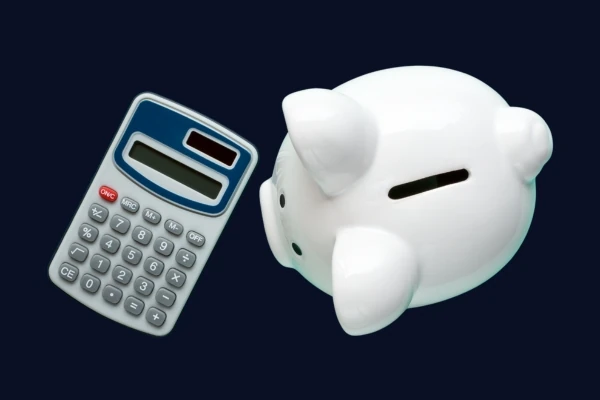What Are Trade Allowances?
Trade allowances let individuals in the UK earn up to £1,000 each tax year from casual trading, side businesses, or self-employment without paying tax on that income. This is known as the trading allowance.
If your gross trading income is £1,000 or less, you don’t need to report it to HMRC (unless you’re already registered for Self-Assessment for other reasons). If you earn more than £1,000, you can still use the allowance to deduct £1,000 from your gross income instead of claiming actual business expenses.
The trading allowance is useful for people with side hustles, hobby businesses, or small amounts of freelance income. It helps keep tax reporting simple for low-level trading activity.
What Is the Property Allowance?
The property allowance lets individuals in the UK earn up to £1,000 each tax year in property income without paying tax on it. This is designed for people who make a small amount of money from letting out a driveway, renting a room (outside of Rent a Room Relief), or occasional short-term holiday lets.
If your gross property income is £1,000 or less, you don’t usually need to report it to HMRC. If you earn more than £1,000, you can either:
- Deduct the £1,000 allowance from your rental income instead of claiming actual expenses, or
- Claim actual allowable expenses if they’re higher than £1,000.
The property allowance keeps things simple for people with small amounts of rental or casual letting income helping you stay within the rules while avoiding unnecessary paperwork.
Getting Started with Trade and Property Allowances
Before you claim the trade or property allowance, it’s important to understand how they work and whether they apply to you. Both allowances let you earn up to £1,000 each per tax year tax-free one for trading income and one for property income.
If your income from trading or property is £1,000 or less, you usually don’t need to tell HMRC (unless you’re already in Self-Assessment for other income). If you earn more than £1,000, you can choose to use the allowance to reduce your taxable income instead of claiming actual expenses whichever is better for you.
Knowing how to use these allowances can help side businesses, hobby traders, and landlords keep tax simple and stay compliant with HMRC rules.










